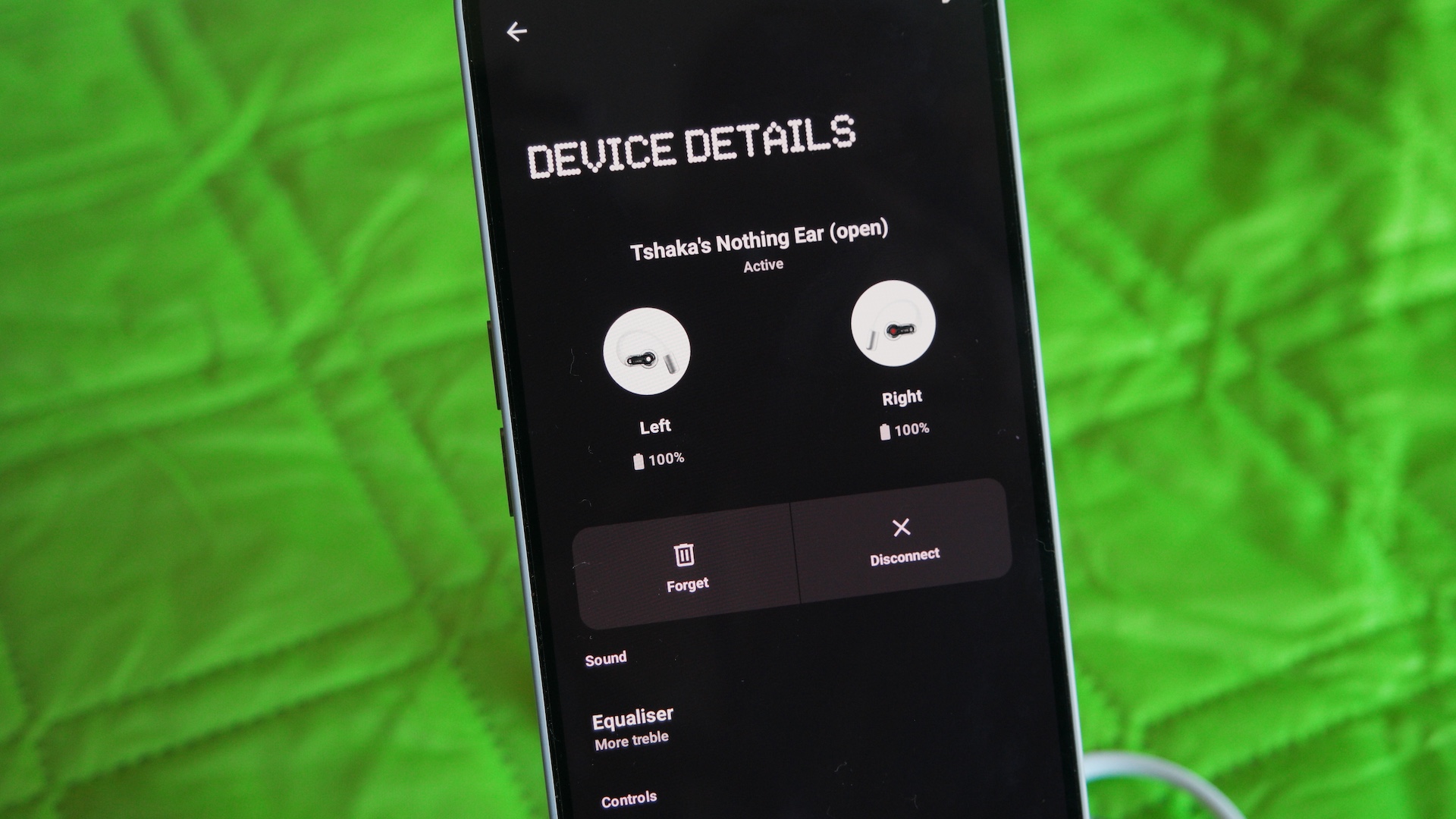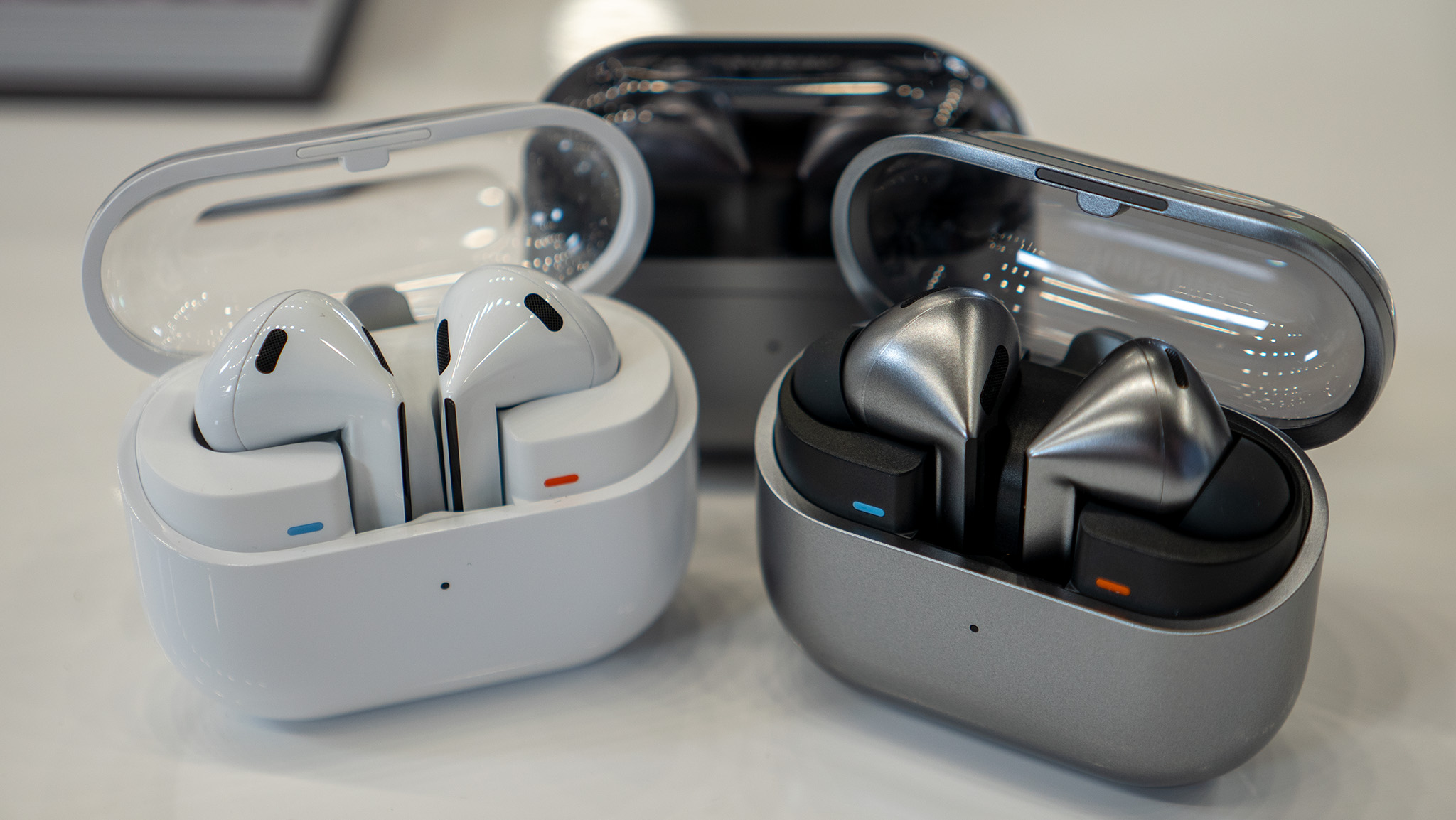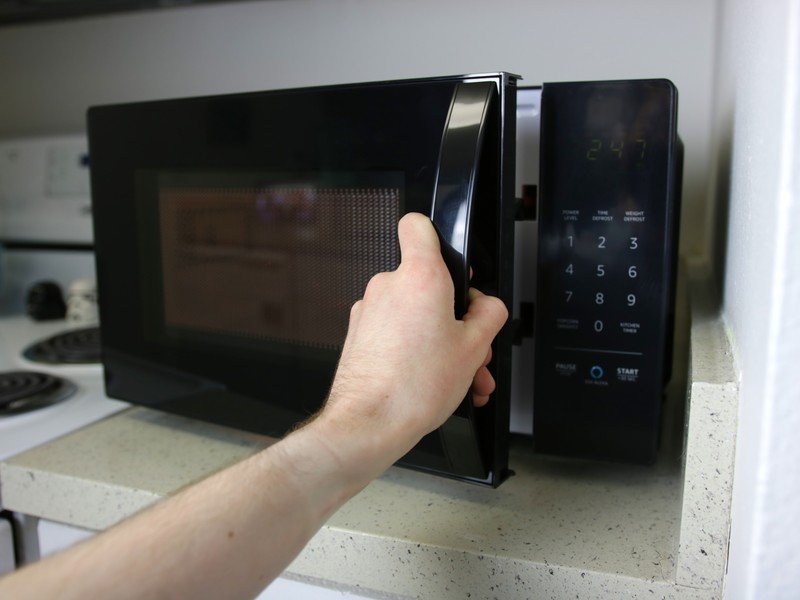
Welcome to Ask Jerry, where we talk about any and all the questions you might have about the smart things in your life. I'm Jerry, and I have spent the better part of my life working with tech. I have a background in engineering and R&D and have been covering Android and Google for the past 15 years.

Ask Jerry is a column where we answer your burning Android/tech questions with the help of long-time Android Central editor Jerry Hildenbrand.
I'm also really good at researching data about everything — that's a big part of our job here at Android Central — and I love to help people (another big part of our job!). If you have questions about your tech, I'd love to talk about them.
Email me at askjerryac@gmail.com, and I'll try to get things sorted out. You can remain anonymous if you like, and we promise we're not sharing anything we don't cover here.
I look forward to hearing from you!
Why is Bluetooth still so bad?

Anonymous asks:
Bluetooth has been around for over 25 years and it's still unreliable compared to Wi-Fi or even cellular. Unless I use matching equipment from Apple or Samsung I have nothing but problems with buffering and connection issues. Why is this still happening in 2024?
Thanks in advance
Hiya! I understand your frustration and agree that Bluetooth seems to have more issues than Wi-Fi and cellular (provided you have a good connection) sometimes. That's the key word here, sometimes. And for some people, in some places.
The short answer for people who aren't interested in going deeper: Bluetooth uses a heavily congested slice of frequency, depends on several different proprietary technologies, and different devices have different additions on top of it all.
If you're in the right (wrong) place at the right (wrong) time using the right (wrong) equipment, you're going to have a bad time. Otherwise, Bluetooth can be reliable and even great — it is for millions of people.
Bluetooth is a bit like a layer cake. The base, bare-bones implementation can be open-source and openly available using mostly open hardware, and that's great. But almost nobody uses it that way because it will be exactly what's described above — unreliable — most of the time.

Companies like Intel, Apple, Qualcomm, and other tech conglomerates have built useful additions that make Bluetooth better, more reliable, and even faster on the same frequency because of improved compression.
If you buy an iPhone and a set of AirPods or a Galaxy S24 and a pair of Galaxy Buds, you're probably going to have a great experience because both sides on the hardware front use the same software and have been built to work especially well with each other.
That doesn't mean they won't work well with other equipment. It just means that they have been designed to work best with each other. Other, often inexpensive accessories and equipment, may not have the same additions to Bluetooth and can't take advantage of higher output strength or better compression, and the experience isn't going to be the same.
Chances are it's still going to be good though, because the biggest issues with Bluetooth depend on the other equipment around you.
It's getting crowded in here
Without getting into the numbers and buffers, or the intricacies of CSMA/CA, Bluetooth operates in the same "airspace" as 2.4GHz Wi-Fi and plenty of unregulated equipment. The channels in these frequencies are often crowded and when some of the devices make no effort to intelligently work with other equipment, it can be a mess.

The biggest offenders when it comes to Bluetooth network interference are (believe it or not) microwave ovens and old cordless landline telephones. Both emit signals (in the case of a microwave, it's a byproduct) in the 2.4GHz range and will interfere with both 2.4GHz Wi-Fi and Bluetooth. Microwaves are especially problematic because they do not know they are causing interference and simply do not care; hit the button to start them up, and they leak radio waves through old inefficient seals everywhere.
Bluetooth and 2.4GHz Wi-Fi also can interfere with each other, but that's where CSMA/CA (Carrier Sense Multiple Access with Collision Avoidance) comes into play. It's a network protocol that devices use to actively avoid interference and most of the time it does a good job.
When Bluetooth signals are faced with interference there can be audio buffering, connection issues, and connections dropping intermittently. There may not be anything you can do about it other than move somewhere else.
As older devices are phased out and old equipment is replaced with newer and more efficient equipment, the problem will "fix" itself.
These seemingly small problems can all add up to be the reason why Bluetooth is bad for one person while it's great for another. The equipment and your location are important pieces of the puzzle. Don't write off the technology because it obviously works well for millions of people, even if it works poorly for you.







